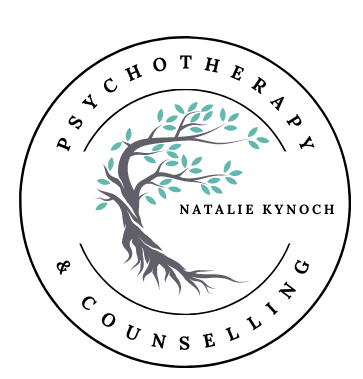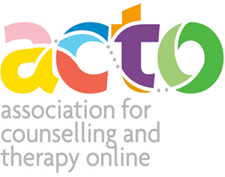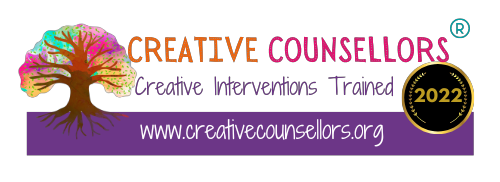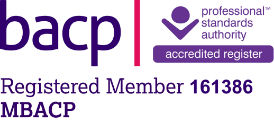What is Cognitive Behavioural Therapy
Cognitive behavioural therapy (CBT) is a type of talking therapy. It is a common treatment for a range of mental health problems, that aims to reduce symptoms of various mental health conditions, primarily depression and anxiety disorder. CBT is a type of therapy that looks at your thoughts, feelings and their associated behaviours to improve emotional regulation and develop personal coping strategies that target solving current problems. An issue or event may be seen as disturbing due to the way we are perceiving and thinking about it, changing our perspective by thinking about it differently and becoming aware of our go to styles of thinking often called cognitive distortions can in turn reduce the maintenance and onset of sensations and feelings that can feel overwhelming and both physically and psychologically.
A key part of this is identifying the negative thinking patterns that you may feel trapped in, helping you to break free from these and to feel better.
CBT focuses on equipping you with the tools to address current problems in your life and relieve the symptoms you’re facing, before making links to your past and how your beliefs started.


What is the theory behind CBT?
CBT is based on the idea that how we think about situations can affect the way we feel and behave. For example, if you interpret a situation negatively, you might experience negative emotions. And those bad feelings might lead you to behave in a certain way that become unhelpful or lead you to feel stuck in some way.
CBT combines two types of therapy to help you deal with these thoughts and behaviours:
- cognitive therapy, examining the things you think
- behaviour therapy, examining the things you do.
What does CBT treat?
CBT is a common treatment for many mental health problems and experiences, including:
- anger problems
- anxiety and panic attacks
- bipolar disorder
- depression
- drug or alcohol problems
- eating problems
- hoarding
- obsessive-compulsive disorder (OCD)
- perinatal mental health problems
- phobias
- post-traumatic stress disorder (PTSD)
- psychosis
- self-harm
- sleep problems
- stress





